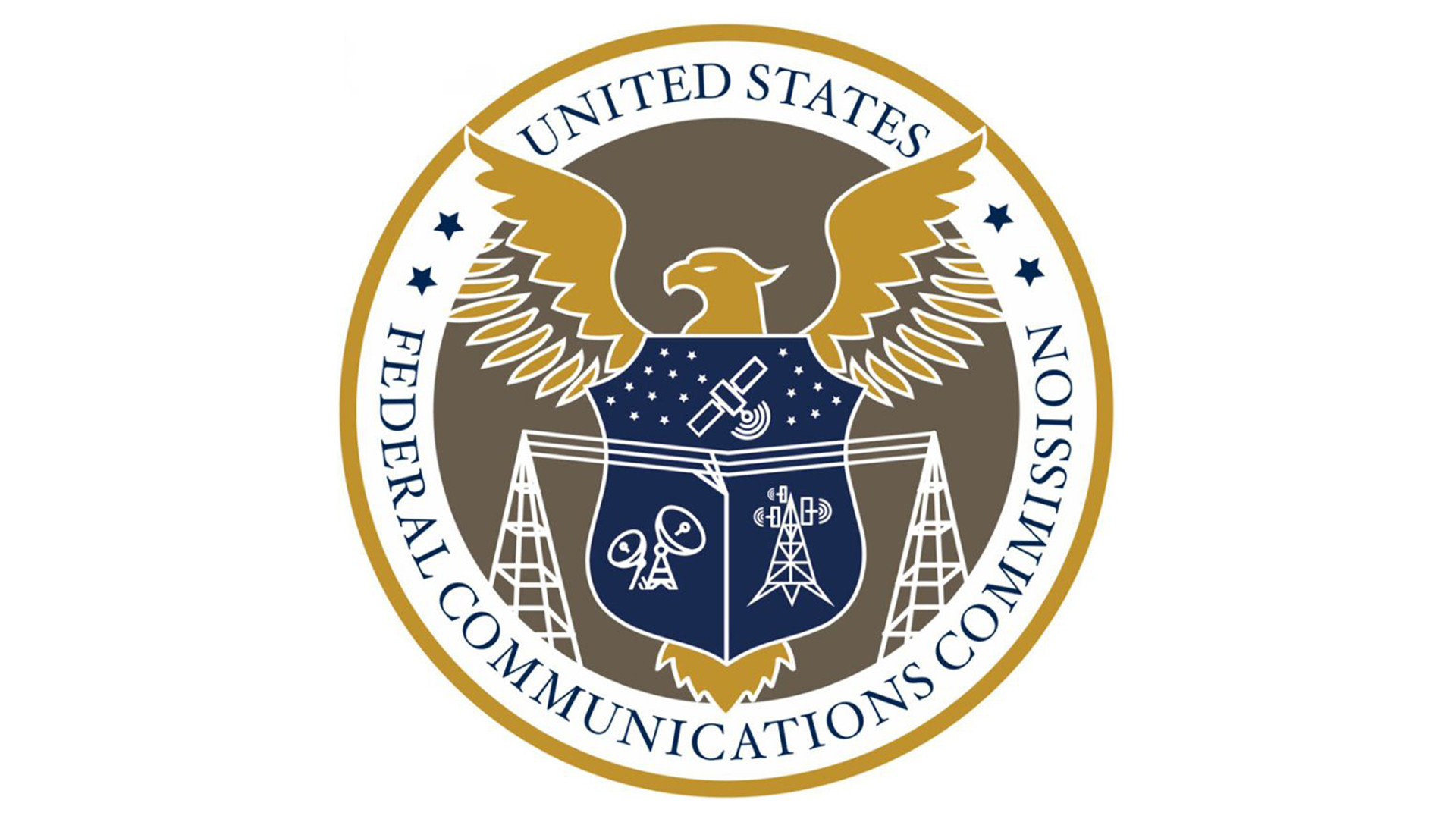FCC Opposes Private Suits Over Alleged Wireless Buildout Rule Violations
Advises court Communications Act does not authorize them
The smarter way to stay on top of the multichannel video marketplace. Sign up below.
You are now subscribed
Your newsletter sign-up was successful

FCC attorneys have told a U.S. district court that it does not think individuals can sue over alleged violations of various FCC rules regarding wireless transmissions or infrastructure.
That comes as the FCC is working to promote the buildout of 5G wireless, which has been a national priority under both Republican and Democratic Administrations.
The U.S. District Court for the District of Hawaii had asked the FCC for input on the issue of private rights of action and whether, in the case of alleged violations of RF emission regulations and ones regarding antenna height and power limits, suits by private individuals are allowed to enforce the Communications Act.
Also Read: D.C. Court Smacks Down FCC Decision to Keep 5G RF Emission Standards
The court is currently hearing Hueter v. AST Telecomm, in which a number of individuals complained that AST had violated federal pollution, environmental, endangered species, and marine sanctuary protection laws, saying there was a private right of action in the Communications Act that allowed those complaints.
FCC attorneys advised the court that while the Act did include some private right of action, where it was not expressly conferred "courts will not recognize any implied right of action under the Communications Act."
The FCC said the plaintiffs did not point to any provision of the Act that would allow them to sue over violation of those specific provisions.
The smarter way to stay on top of the multichannel video marketplace. Sign up below.
The plaintiffs have asked the court to allow them to amend the complaint, but the FCC said that even in that event it would not sustain the claim of a private right of action.
"To bring a private action challenging alleged violations of FCC regulations, the plaintiffs must identify some specific provision in the Communications Act that clearly authorizes private actions to enforce the regulations they invoke," wrote acting FCC General Counsel Michele Ellison. "Here, however, the plaintiffs have not identified any such provision or supporting legal authority that authorizes a private action to enforce the FCC regulations at issue, and we are not aware of any other provision of the Communications Act that would support a private right of action in these circumstances.
Contributing editor John Eggerton has been an editor and/or writer on media regulation, legislation and policy for over four decades, including covering the FCC, FTC, Congress, the major media trade associations, and the federal courts. In addition to Multichannel News and Broadcasting + Cable, his work has appeared in Radio World, TV Technology, TV Fax, This Week in Consumer Electronics, Variety and the Encyclopedia Britannica.

